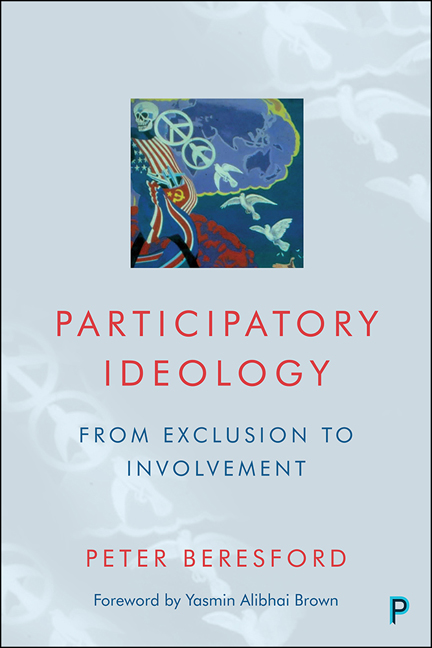3 - Imposing ideology
Published online by Cambridge University Press: 21 December 2021
Summary
If you’re not careful, the newspapers will have you hating the people who are being oppressed, and loving the people who are doing the oppressing.
Malcolm X, African-American leaderIf the premise of this book is correct and few of us have much say or involvement in the ideologies that most affect us, what does shape and give them power? To recap, let's check what we have been finding out about ideology so far. A political ideology is a set of values and ideas. But these are not neutral and they have to have power behind them to have any effect. We all of us may have our own personal ideology or set of such values and goals, but unless we are able to share or impose them on other people, they have little or no meaning or significance beyond us. They may just influence our internal lives and the lives of those close to us. An ideology may guide where we are going or it may be used to justify where we are being taken. While the 20th century saw the emergence of new ideologies like fascism and communism whose reverberations still affect our lives today, the ideology that most of us live under – and that means most of us in the world – is neoliberalism. Neoliberalism refers to the resurgence from the late 20th century of 19th century liberal ideas associated with free-for-all market economics and the devaluing of state intervention to help people.
Different ideological perspectives are used by humans to explain, justify or legitimise a political or social order. Ideology can be and often is used to justify oppression. It does not oppress in itself. Ideology is used to do so. And it tends to be used by one group of people – generally a more powerful group of people – against other less powerful groups. A variety of means and techniques are used to advance such political ideologies. It is these we want to turn to now to get a clearer idea of the pressures operating on people to adopt any political ideology and indeed to choose a particular one. These include:
• force
• education
• mass media
• language
Information
- Type
- Chapter
- Information
- Participatory IdeologyFrom Exclusion to Involvement, pp. 37 - 52Publisher: Bristol University PressPrint publication year: 2021
